While the term “cash register” may seem a little antiquated in this digital age marked by increasing digital translations, cash registers are still an integral part of commerce, and buyers from a range of industries are still looking to source them.
In this article, we’ll provide retailers with an overview of what they need to know about cash registers, looking at the types of models available on the market. We’ll then explore the current state of the global cash register market, giving details on current market size, key drivers, and projected market growth. The article will then put forward the top factors that business buyers should consider when buying cash registers in 2025.
Table of Contents
Types of cash registers on the market
Overview of the global cash register market
6 factors to consider when buying cash registers
Cash in on the growing market
Types of cash registers on the market
There are currently four main types of cash registers available on the market that users across different industries can choose from. These include:
Electronic cash registers
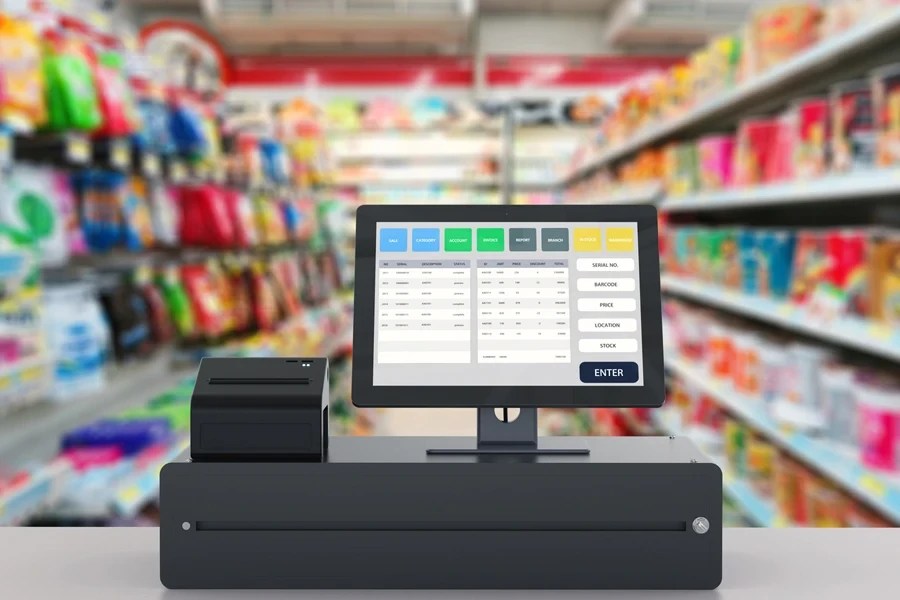
Electronic cash registers are used by all manner of businesses for recording sales transactions and processing payments. This type of machine is typically designed with a cash drawer, a keyboard or touch screen, and a printer.
Some of these machines include barcode scanners used for basic inventory operations. Electronic cash registers tend to have low set-up costs and be easy to use, making them a preferred option for many small retailers.
POS cash registers
Point-of-sale (POS) cash registers are computerized systems that businesses use for recording and tracking of sales transactions. These types of cash registers offer retailers a range of versatile functions, including sales reporting, inventory management, loyalty program management, and customer relationship management.
Mobile cash registers
As the name suggests, mobile cash registers are designed for use on the go. They come with built-in batteries and are suited for mobile businesses, outdoor sales, and retail environments where users do not have an electrical outlet handy.
These registers usually come with the receipt printer and keypad. While other advanced models could include barcode scanners and bank card readers.
Cloud-based cash registers
Cloud-based cash registers are highly tech-forward, as they offer many of the functionality of traditional cash registers but are also connected to the internet, with cloud connectivity that allows them to be accessed anywhere.
Businesses with multiple locations will prefer this type of register, as they enable transparency around sales data within financial departments while also having specialized security features to protect that data.
Overview of the global cash register market
Reporting from Market Research Pulse indicates that the global cash register market is “registering” some consistent growth, with a market value of US$ 74 billion in 2023 and projected to reach US$ 138.79 billion by 2031. This marks a compound annual growth rate (CAGR) of 9.4% over the 2023–2031 forecast period.
This growth is being fueled by the expanding use of electronic cash registers across a range of retail environments. Technological advancements have also allowed for the seamless integration of digital payment systems, allowing vendors and consumers to transact using bank cards, mobile phones, and even cryptocurrency.
In terms of regional distribution, North America was the largest market in 2024, accounting for approximately 40% of global revenue. Europe has experienced the fastest market growth as digital transformation, administrative load reduction, and tax compliance practices are opening up avenues for growth.
6 factors to consider when buying cash registers

Now that we have some market knowledge of the promising prospects of cash registers over the next few years, it’s time to look at key factors and factors that retailers should consider when adding cash registers to their inventory.
1. The business size and requirements
The first thing that buyers should consider when sourcing cash registers is the size and needs of their target customers’ businesses. This can range from small enterprises to middle and large enterprises. All of them have different requirements for their businesses, making certain cash registers suitable for their operations while disqualifying others.
For instance, if the business has large volumes of inventory and significant growth is foreseen within the sector, then the better choice would be a comprehensive POS system that comes with a barcode scanner.
If, however, the target customer’s business is small, has minimal inventory, or a handful of transactions, then simpler traditional cash registers would likely suffice.
2. Security features
The next thing many business owners consider when dealing with their money is the security of their finances. That’s why it is important to consider the fundamental security features of the different cash registers, as this will determine the safety of businesses’ cash, checks, and electronic payment information.
Physical cash registers can incorporate safety features like locking drawers so unauthorized individuals do not have access to a business’s cash and checks. They can also have accessories such as cash drop boxes for larger amounts of money to be deposited and stored.
Password features are crucial security features to consider as they restrict access to the cash register and sensitive customer payment information.
3. Inventory tracking

As mentioned before, cash registers not only perform the task of recording sales, but some models are also capable of tracking inventory across various departments. Such models allow business owners to monitor their daily transactions while also giving them the ability to keep track of how many products they actually have.
This enables businesses to streamline their procedures, saving them time and preventing them from losing out on sales because they run out of certain products.
So, if the targeted customers have large inventories, then a POS system that comes with the inventory tracking feature will be ideal for them. However, if the targeted customers have limited inventory, then a basic cash register would suffice.
4. Receipt printing options
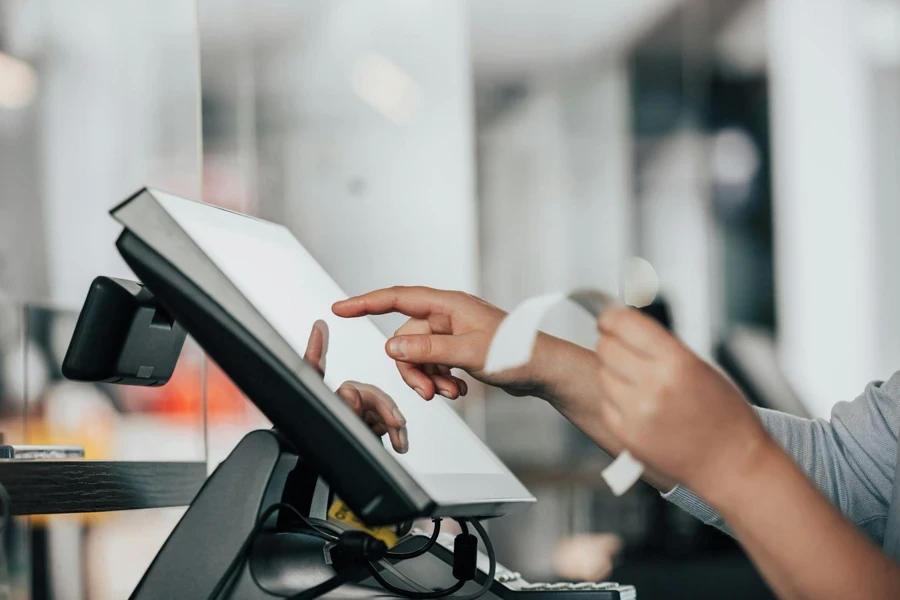
Receipting is another key part of financial transactions that is valuable for both the retailer and customer, as it serves as a legitimate record of transactions that are used for accounting and tax filing purposes.
With that in mind, it is important for buyers to source cash registers that offer receipt printing options that meet the various customers’ needs. There are different types of receipt printers for cash registers, including thermal and print ribbon options.
Thermal rolls use heat to generate text on the receipt paper, thus removing the need for ink. Print ribbon cash register printers, on the other hand, cost less, but they have the disadvantage of delivering text on receipts that is not very clear. So buyers need to factor in the long-term costs of different receipt printing options for their customers’ businesses.
5. Zero-cost payment processing
Traditionally, payments consisted of point-of-sale cash registers used in-store, but payments in this digital era have become much more complex. POS systems now include online shopping carts and various checkout processes. Businesses also have to deal with mobile payments and virtual terminals.
In all of this, businesses have to work with merchant services providers (MSPs), who may or may not apply processing fees. That is why this should be another key consideration for cash register buyers, as some services associated with certain models may impose payment processing or surcharge fees that are then passed on to the customers, resulting in additional costs. To avoid losing customers or missing out on sales, buyers should carefully evaluate the various options and the payment processing costs associated with them.
6. Tax buttons
In retail environments, there will be taxable and non-taxable items, or in some instances, different tax rates, including GST, VAT, and PST, depending on the product and location. Taking the customers’ businesses into account, buyers should seek out cash registers that are able to provide the required tax functions in order for businesses to maintain tax compliance.
Cash in on the growing market
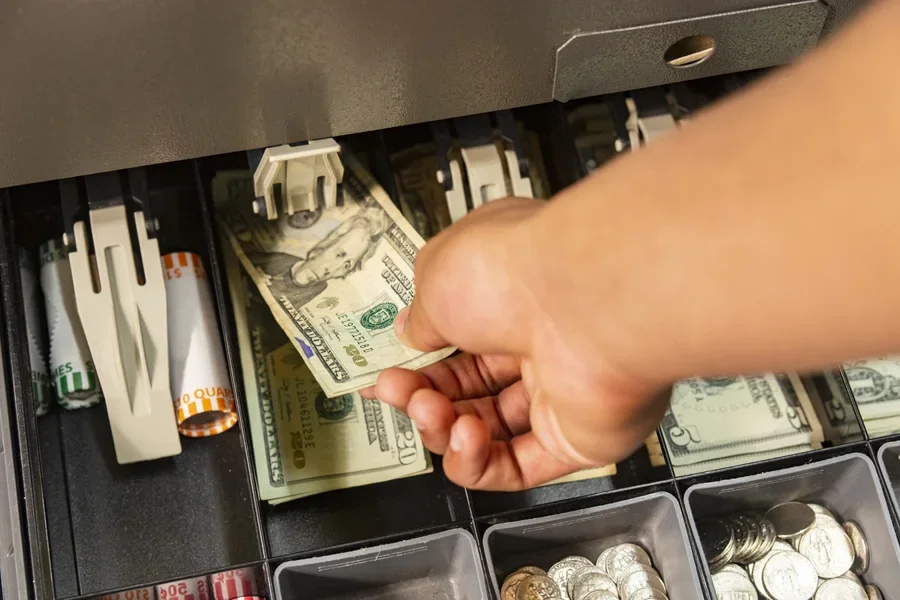
Choosing the right cash register is one of the most important decisions a business will make. Retailers looking to add cash registers to their inventories can assist their consumers by using the above buying guide and taking into account the size and needs of customers’ businesses, as well as the security features, inventory tracking, receipt printing options, and payment processing costs that come with the various cash register models.
Demand for cash registers is growing globally, and buyers can tap into this market by going through the vast selection of cash register models available on platforms like Chovm.com to make the right sourcing decision.
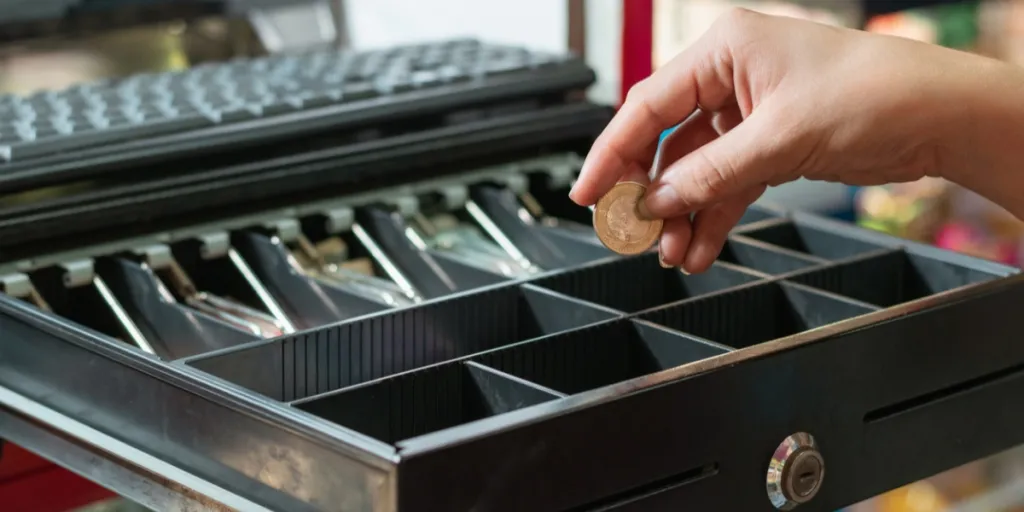

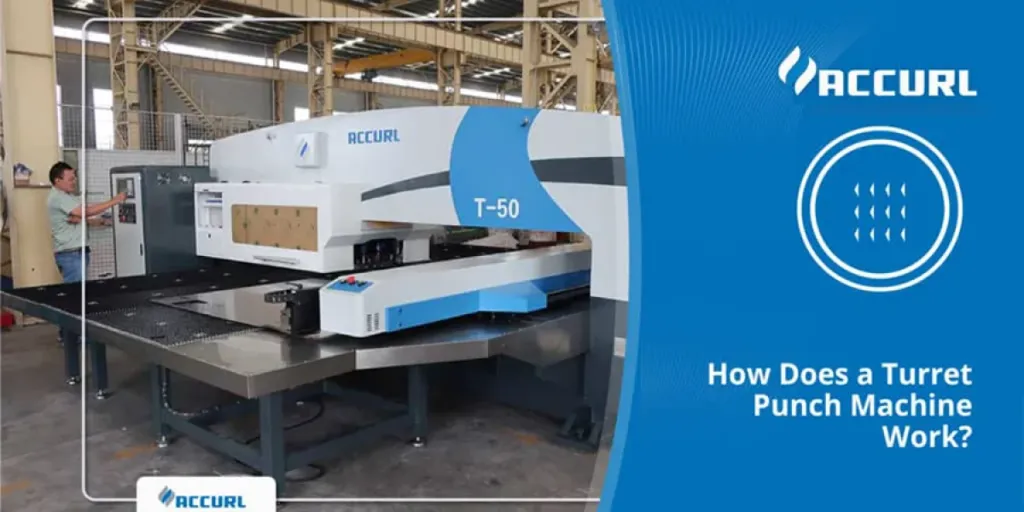
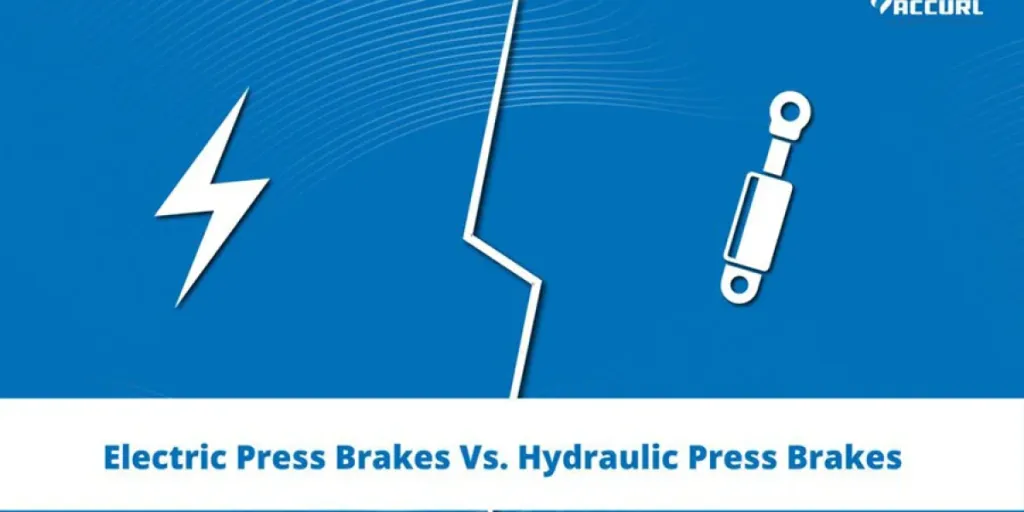
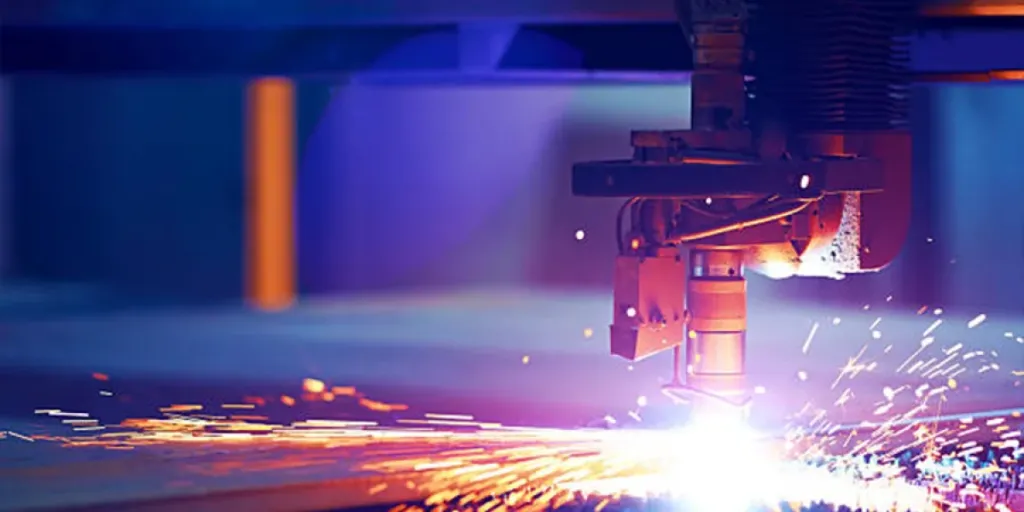
 Afrikaans
Afrikaans አማርኛ
አማርኛ العربية
العربية বাংলা
বাংলা Nederlands
Nederlands English
English Français
Français Deutsch
Deutsch हिन्दी
हिन्दी Bahasa Indonesia
Bahasa Indonesia Italiano
Italiano 日本語
日本語 한국어
한국어 Bahasa Melayu
Bahasa Melayu മലയാളം
മലയാളം پښتو
پښتو فارسی
فارسی Polski
Polski Português
Português Русский
Русский Español
Español Kiswahili
Kiswahili ไทย
ไทย Türkçe
Türkçe اردو
اردو Tiếng Việt
Tiếng Việt isiXhosa
isiXhosa Zulu
Zulu